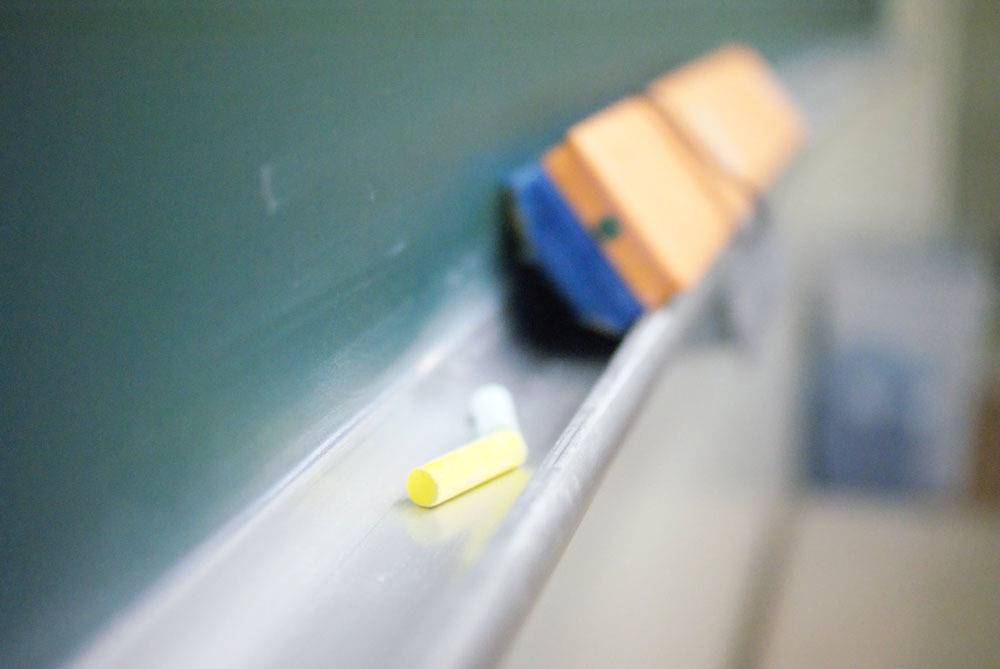
July 9, 2019; Guardian
UNESCO has released figures on the state of global education, and the results are very troubling. The report predicts that by the 2030 deadline, one in six children aged six to 17 still won’t be in school, including one in 11 primary-school-aged children.
In light of these figures, it certainly raises the question of how “sustainable” the UN’s sustainable development goals (SDGs) actually are. As reported in the Guardian, former New Zealand Prime Minister and chair of the Global Education Monitoring Report advisory board, Helen Clark, has said, “Considering that ‘a good quality education’ was voted young people’s most important priority in 2015 when the SDGs were being decided, leaders today have a lot to answer for. Countries must commit to investing more in education now so that we do not break the global promise made to today’s children and youth.”
In UNESCO’s survey, their researchers found that in addition to children continuing to miss the opportunity to go to school, children who start education are dropping out. It is anticipated that by 2030, 40 percent of young people will still not complete secondary education.
Sign up for our free newsletters
Subscribe to NPQ's newsletters to have our top stories delivered directly to your inbox.
By signing up, you agree to our privacy policy and terms of use, and to receive messages from NPQ and our partners.
The implications of these findings are significant for the charitable and NGO communities, which often complement, supplement, and help build education support systems around the world. While there are no definitive figures on the number of charities working in early childhood education, it would be safe to say the number is large. Are we, as the organizations on the ground, vested in the SDGs? If not, why not? How can we, as the organizations on the ground, help support increases in attendance and completion?
Silvia Montay, the Director of the UNESCO Institute for Statistics, says:
Countries need more and better data to target policies and make the most of every dollar spent on education. Data are a necessity—not a luxury—for all countries. Yet today, fewer than half of countries are able to provide the data needed to monitor progress towards the global education goal. What is the point in setting targets if we can’t track them? Better finance and coordination are needed to support countries, fix this data gap and, most importantly, make progress before we get any closer to the deadline.
As implementers on the ground, our role in reporting reliable data is critical if we want to measure success—not just in the local communities in which we work, but in the countries where we operate. Perhaps the first step is for us to stop and take stock of where we are and how we share information. These goals, the overall theory of change, are not for us alone to achieve, and so we must find better ways of communicating our successes and challenges in education at the grassroots.—Niduk D’Souza













